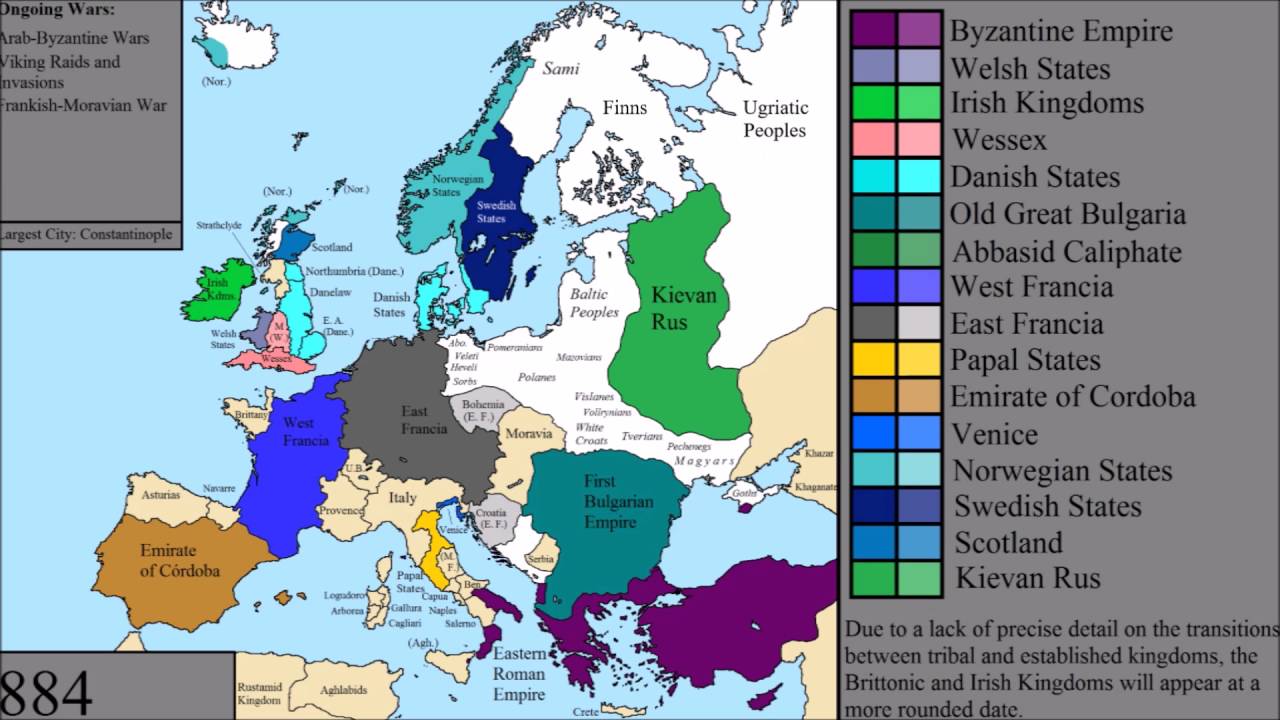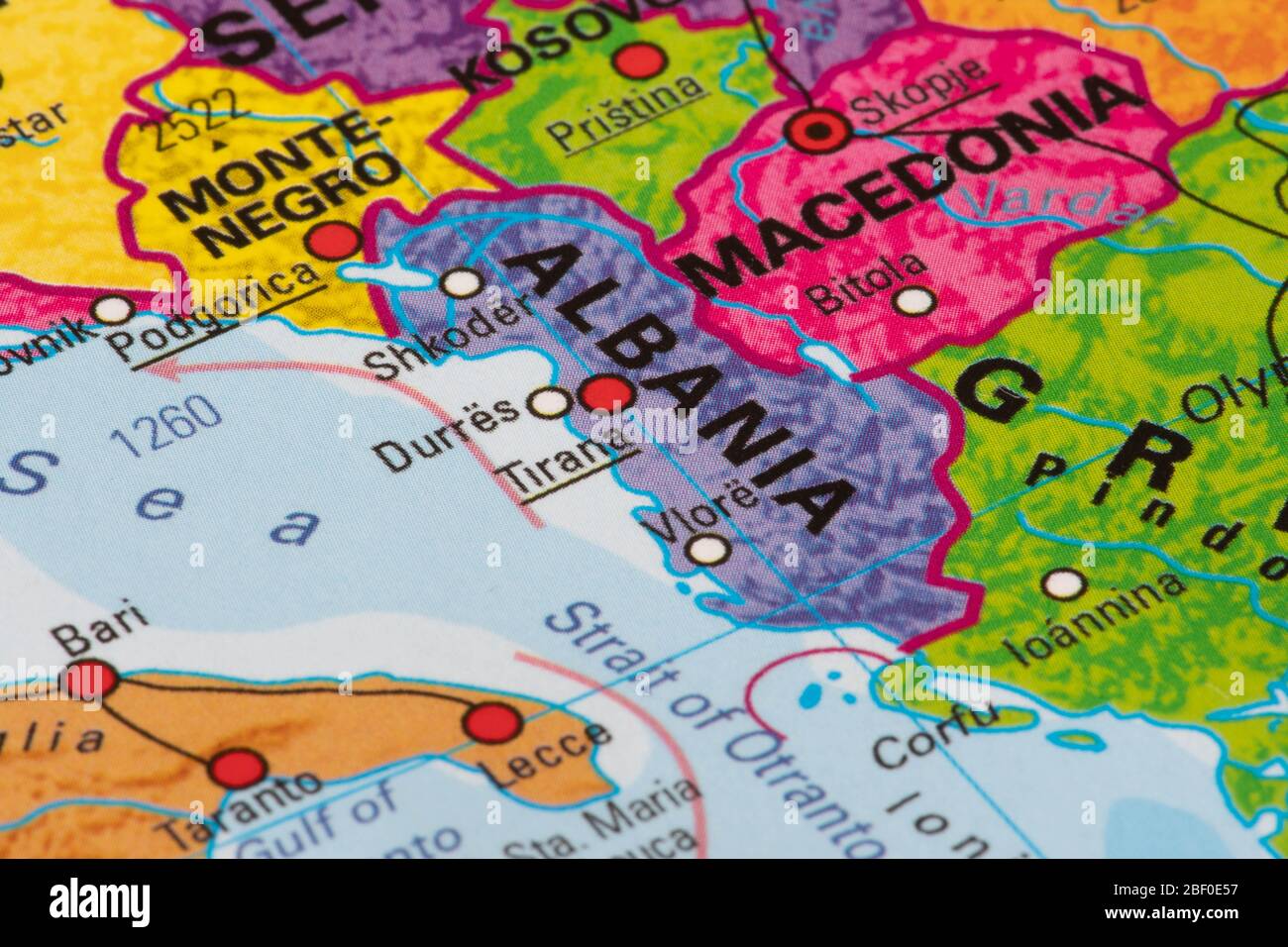Albania on the European Map: A Journey By means of Historical past, Geography, and Tradition
Associated Articles: Albania on the European Map: A Journey By means of Historical past, Geography, and Tradition
Introduction
With nice pleasure, we’ll discover the intriguing matter associated to Albania on the European Map: A Journey By means of Historical past, Geography, and Tradition. Let’s weave fascinating data and supply recent views to the readers.
Desk of Content material
Albania on the European Map: A Journey By means of Historical past, Geography, and Tradition

Albania, a small however vibrant nation nestled within the Balkan Peninsula, usually finds itself neglected on the European map. Its strategic location, nonetheless, has performed a vital function in shaping European historical past, and its distinctive mix of cultures and landscapes gives a fascinating expertise for vacationers and students alike. This text delves into Albania’s geographical place inside Europe, explores its historic context, and examines its cultural richness, highlighting its significance on the continent.
Geographical Context:
Albania’s location on the European map is undeniably vital. Bordered by Montenegro to the north, Kosovo to the northeast, North Macedonia to the east, Greece to the south, and the Adriatic Sea to the west, it acts as a bridge between the Balkan Peninsula and the Mediterranean. This strategic place has made it a crossroads of civilizations for millennia, influencing its cultural variety and its geopolitical significance.
The nation’s topography is remarkably numerous. The rugged Albanian Alps, extending from the north to the centre, dominate the northern panorama, providing breathtaking mountain surroundings and difficult trekking alternatives. These mountains give method to fertile plains within the central and southern areas, perfect for agriculture and livestock farming. The shoreline, stretching alongside the Adriatic and Ionian Seas, is characterised by beautiful seashores, dramatic cliffs, and charming coastal cities. This numerous geography has formed Albanian life, creating distinct regional identities and influencing financial actions. The mountainous terrain has traditionally made communication and transportation difficult, contributing to the event of remoted communities and distinctive regional traditions.
The nation’s proximity to the Adriatic and Ionian Seas has profoundly impacted its historical past and economic system. The coastal areas have served as necessary buying and selling ports all through historical past, facilitating interactions with different Mediterranean civilizations. Fishing has been a conventional livelihood for coastal communities, and tourism is more and more changing into a major financial driver, leveraging the nation’s stunning seashores and coastal landscapes.
Historic Significance:
Albania’s place on the European map is deeply intertwined with its wealthy and complicated historical past. Whereas usually overshadowed by its bigger neighbours, Albania boasts an extended and engaging previous, marked by durations of independence, overseas rule, and nationwide battle.
The Illyrian tribes, inhabiting the area centuries earlier than the Roman Empire, symbolize the earliest identified inhabitants of the realm. Their legacy is obvious in archaeological findings and place names all through the nation. The Roman conquest within the 2nd century BC introduced vital adjustments, integrating the area into the Roman Empire and forsaking a substantial architectural and cultural heritage. Roman ruins, together with amphitheatres, boards, and aqueducts, are nonetheless seen in numerous components of Albania at this time.
Following the autumn of the Roman Empire, Albania skilled durations of Byzantine and Ottoman rule. The Byzantine interval noticed the unfold of Christianity, whereas the Ottoman period, lasting from the fifteenth to the early twentieth century, left a profound affect on Albanian tradition, language, and structure. Regardless of Ottoman rule, a powerful sense of Albanian nationwide identification continued, nurtured by native traditions and resistance actions.
The Albanian declaration of independence in 1912 marked a pivotal second within the nation’s historical past. The newly shaped nation confronted quite a few challenges, together with inside divisions and exterior pressures. The next many years had been marked by durations of instability, overseas occupation, and dictatorship beneath Enver Hoxha’s communist regime. The communist period, characterised by isolation and authoritarian rule, left a long-lasting affect on Albanian society and economic system.
The autumn of communism in 1991 ushered in a brand new period for Albania, marked by democratic transitions, financial reforms, and growing integration into the European neighborhood. Albania’s journey in direction of European Union membership is an ongoing course of, reflecting its dedication to democratic values and its want to strengthen its ties with the remainder of Europe.
Cultural Richness:
Albania’s cultural panorama is an interesting tapestry woven from numerous threads. The nation’s historical past as a crossroads of civilizations has resulted in a novel mix of influences, making a wealthy and multifaceted cultural heritage.
Albanian traditions, usually rooted in historical customs and beliefs, are vibrant and numerous. Conventional music and dance, characterised by their rhythmic complexity and emotional depth, are integral components of Albanian cultural identification. People costumes, various considerably throughout totally different areas, are sometimes richly adorned and replicate the distinctive traditions of particular communities. Conventional crafts, resembling weaving, pottery, and wooden carving, proceed to thrive, producing beautiful and distinctive items.
The Albanian language, belonging to the Indo-European language household, possesses a novel character and a wealthy literary custom. The nation’s literature, encompassing poetry, prose, and drama, displays the struggles and triumphs of the Albanian folks all through historical past.
Albanian delicacies is one other reflection of the nation’s numerous cultural heritage. Influenced by Mediterranean and Balkan culinary traditions, Albanian meals emphasizes recent, regionally sourced components. Dishes usually function lamb, seafood, greens, and flavorful spices. Conventional Albanian hospitality is famend for its heat and generosity.
Non secular variety is one other notable facet of Albanian tradition. Whereas Islam is the dominant faith, Christianity (each Orthodox and Catholic) additionally has a major presence. This non secular pluralism has contributed to the nation’s cultural richness and its capability for peaceable coexistence.
Albania’s Place in Trendy Europe:
Albania’s journey in direction of integration into the European Union is a testomony to its dedication to democratic values and its want to strengthen its ties with the remainder of Europe. Whereas challenges stay, Albania has made vital progress in aligning its legal guidelines and establishments with EU requirements. The nation’s financial growth, pushed by tourism, agriculture, and overseas funding, is contributing to its rising integration into the European economic system.
Albania’s strategic location continues to play a major function in its geopolitical significance. The nation is actively concerned in regional cooperation initiatives and is a contributing member of worldwide organizations. Its dedication to regional stability and its engagement with its neighbours underscore its function as a accountable member of the European neighborhood.
Conclusion:
Albania’s place on the European map is much extra vital than its measurement may recommend. Its wealthy historical past, numerous geography, and vibrant tradition supply a fascinating story of resilience, cultural change, and nationwide identification. As Albania continues its journey in direction of additional integration into the European Union, its distinctive contribution to the continent’s cultural and political panorama will solely develop in significance. Understanding Albania’s place on the European map requires appreciating its advanced historical past, its geographical variety, and the richness of its cultural heritage. It’s a nation deserving of nearer consideration and deeper understanding.








Closure
Thus, we hope this text has supplied precious insights into Albania on the European Map: A Journey By means of Historical past, Geography, and Tradition. We thanks for taking the time to learn this text. See you in our subsequent article!